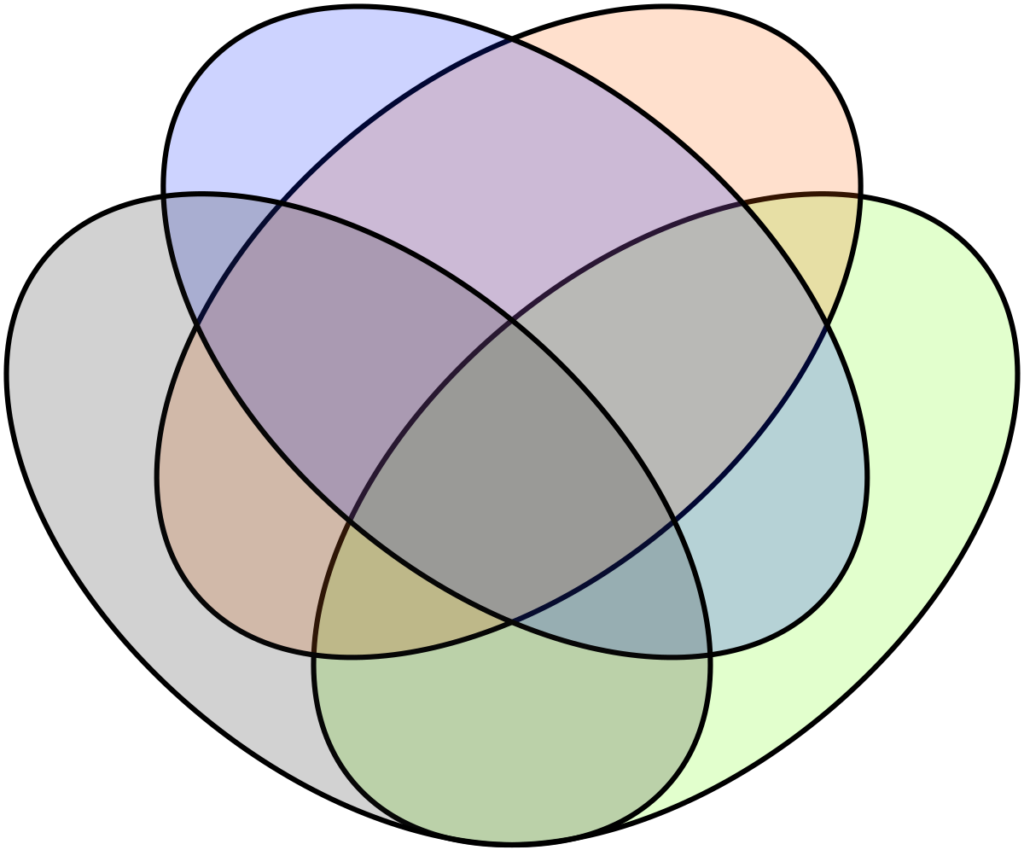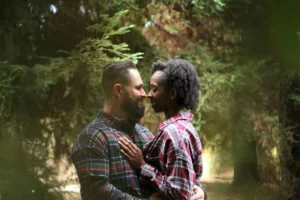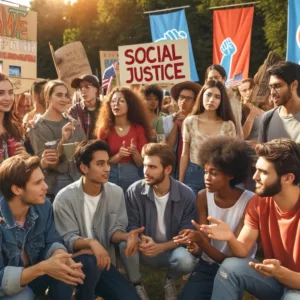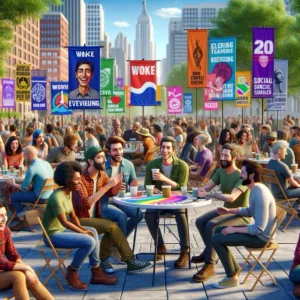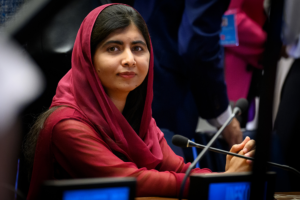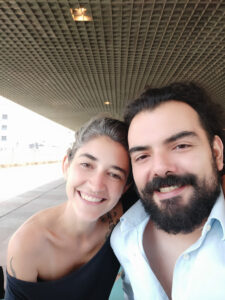Dating is a complex and multifaceted realm that often reflects the broader dynamics of society. Within this context, the concept of intersectionality emerges as a critical framework for understanding how various forms of oppression, such as sexism, racism, and classism, intersect in the dating world. By recognizing and addressing these intersections, we can work towards fostering inclusive and equitable relationships. In this blog post, we will explore the concept of intersectionality in dating, delve into the ways different forms of oppression manifest in the dating sphere, and discuss strategies to create more inclusive and equitable connections.
Understanding Intersectionality:
Intersectionality, a term coined by legal scholar Kimberlé Crenshaw, recognizes that individuals occupy multiple social identities simultaneously. These identities, such as gender, race, sexuality, class, and more, intersect and interact, shaping individuals’ experiences of privilege and oppression. In the dating context, intersectionality highlights how various systems of power intertwine and affect people’s romantic lives.
Forms of Oppression in the Dating World:
- Sexism: Sexism, deeply ingrained in our society, influences dating dynamics in numerous ways. Traditional gender roles often dictate expectations for behavior and appearance, placing undue pressure on individuals to conform to prescribed norms. Women, in particular, face objectification, catcalling, and unequal power dynamics, leading to challenges in establishing equal and respectful relationships.
- Racism: Racism manifests in the dating world through racial preferences, stereotypes, and racial bias. People of color often face exclusion, fetishization, and cultural appropriation, which can hinder their ability to form meaningful connections. The perpetuation of racial hierarchies in society amplifies the challenges faced by marginalized communities.
- Classism: Socioeconomic disparities also play a significant role in dating. Classism affects individuals’ access to resources, opportunities, and social circles, which can impact their dating experiences. Economic disparities and cultural expectations can create barriers to forming connections between people from different socioeconomic backgrounds.
Strategies for Fostering Inclusive and Equitable Relationships:
- Self-reflection and Education: Recognizing our own biases and privileges is crucial in creating inclusive relationships. Engaging in self-reflection and seeking to educate ourselves about different forms of oppression can help us understand the experiences of others and challenge our preconceived notions.
- Challenging Stereotypes: We must actively work to challenge and dismantle stereotypes that perpetuate sexism, racism, and classism. By questioning societal expectations and assumptions, we can create space for genuine connections based on mutual respect and understanding.
- Intersectional Empathy: Developing empathy towards individuals who experience multiple intersecting forms of oppression is vital. Recognizing the unique challenges faced by others and showing empathy allows us to build more compassionate and supportive relationships.
- Embracing Diversity: Embracing diversity in our dating lives means actively seeking out and valuing relationships with individuals from different backgrounds. This includes diversifying our social circles, challenging our preferences, and expanding our perspectives.
- Communication and Consent: Effective communication and enthusiastic consent are essential in fostering inclusive and equitable relationships. Open dialogue about individual boundaries, desires, and expectations ensures that relationships are built on mutual respect and consent.
- Amplifying Marginalized Voices: Actively listening to and amplifying the voices of marginalized communities is crucial. By centering their experiences and acknowledging their perspectives, we can challenge oppressive systems and foster inclusivity in the dating world.
Conclusion:
Intersectionality in dating sheds light on the ways different forms of oppression intersect and influence individuals’ experiences in romantic relationships. By recognizing these intersections, challenging biases, and embracing inclusive strategies, we can create a dating culture that is equitable, diverse, and respectful. Fostering inclusive and equitable relationships requires self-reflection, education, challenging stereotypes, embracing diversity, effective communication, and amplifying marginalized voices. By actively working towards these goals, we can contribute to a more inclusive and equitable dating landscape, where individuals from all backgrounds can form meaningful connections based on mutual respect and understanding. Let us strive for a dating world that celebrates diversity, dismantles oppressive systems, and fosters relationships grounded in equality and empathy. That’s Lefty’s mission!
Don’t forget to follow Lefty on our social media

